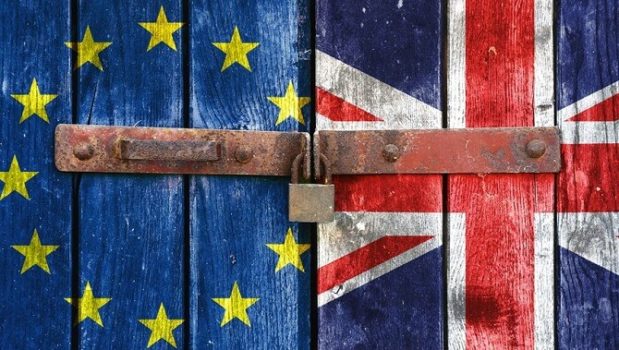 Three-and-a-half years since the 2016 Brexit referendum, Britain finally becomes the first ever country to leave the European Union and go it alone since the union was birthed in 1973.
Three-and-a-half years since the 2016 Brexit referendum, Britain finally becomes the first ever country to leave the European Union and go it alone since the union was birthed in 1973.
Prime Minister Boris Johnson has backed Brexit since the 2016 referendum vote which was won by Brexiteers. This has triggered unprecedented bitterness and division within the British polity but he has promised to unite the country in a new era of prosperity.
“Our job as the government, my job, is to bring this country together and take us forward,” Johnson said in a statement.
He added: “This is not an end but a beginning. This is the moment when the dawn breaks and the curtain goes up on a new act.”
To many observers however, this new dawn leaves so much to be desired. The UK might be leaving the EU, but until a final exit deal is reached and the transiton period ends on December 31, 2020, Britain will continue to abide by EU laws and European courts. It will continue to contribute to the EU budget and comply with any changes to EU law.
This is why these observers are quick to note that the change in Britain’s status for now is essentially symbolic. Strange enough or so it seems, effective from today, the UK will cease to have any meaningful representation in EU institutions and will no longer attend any meetings of EU leaders. “So, it will be obeying EU rules while having no say in EU policy,” says one analyst.
Johnson has given himself just 11 months to negotiate a new partnership, covering everything from trade to security cooperation. The Brexit transition period is due to end on December 31 of this year. That means the UK has to negotiate its future relationship with Europe in just 11 months. Failure to reach an agreement would mean the hardest Brexit possible, causing economic damage for both sides.

Biden Withdraws From 2024 Presidential Race, Endorses Kamala Harris
Global Technology Outage Disrupts Key Services Across Multiple Countries
Paul Kagame Wins 99% of Vote In Rwanda’s Presidential Election
Authorities Investigate Shooting At Trump Rally As Assassination Attempt